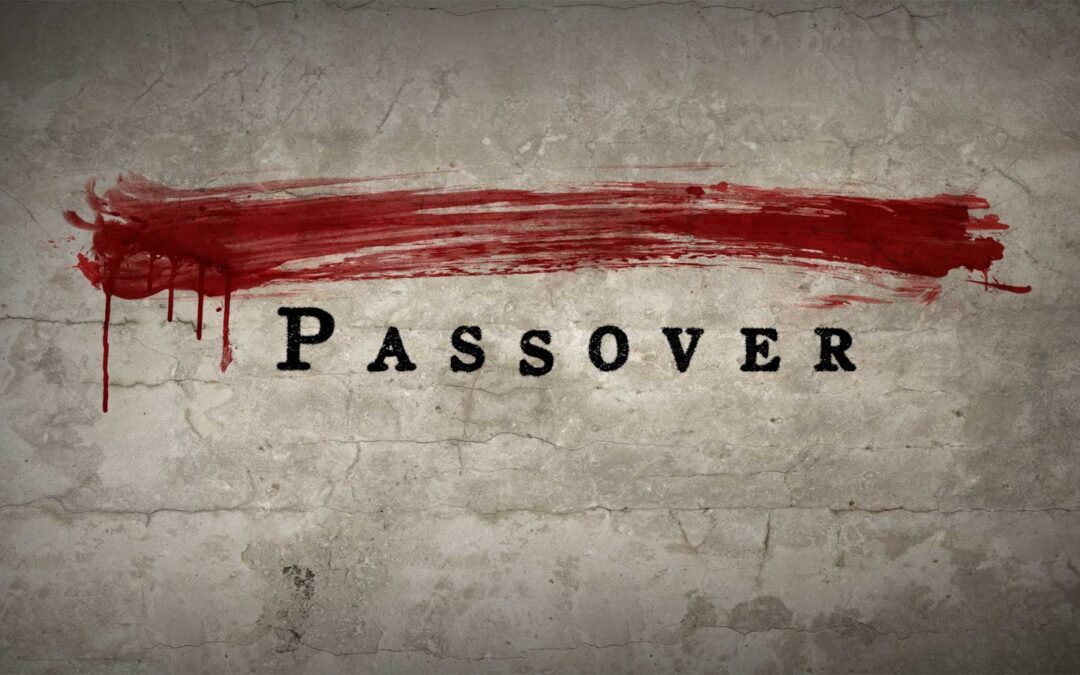“Ye know that after two days is the feast of the Passover, and the Son of Man is betrayed to be crucified,” (Matt. 26:2).
God executes everything perfectly according to his divine plan and eternal timetable. So it is no mystery that the events of Christ’s suffering and death coincided seamlessly with the annual Jewish celebration of Passover, as he is the spotless Lamb of God whose blood rescues us from the bondage of sin and death (John 1:29).
But that only scratches the surface of this richly meaningful confluence of events. Going deeper, the significance of Passover is that it commemorates Israel’s freedom from slavery and exodus from Egypt under Moses’ leadership. It is called Passover because when God’s Angel of Death swept through Egypt that night executing the final plague (slaying the firstborn male of every household that did not have the blood applied), God’s people were spared this destruction by applying the sacrificial lamb’s blood to the door posts of their homes.
Scripture is wrought with typologies and representations. Just like children must first learn the alphabet before they can read, it was necessary for God to teach significant truths to his children by way of pictures and examples before he would expect them to understand such concepts as sin, sacrifice, and salvation.
To that end, God’s chosen people are typified in respect to the combat against the flesh, and to the slavery of sin, a picture found in Egyptian slavery. So when God instructed Moses to tell his people to sacrifice their most pristine lamb and apply that innocent’s blood to their door post if they would be saved from destruction and death, he was demonstrating the necessity of applying the blood of Christ, our spotless sacrificial Lamb, to the door post of our hearts by faith if we are to avoid eternal death. And as it was with the Israelites, once we obey God’s instruction, he frees us from the bondage of Egypt (i.e., our slavery to sin is broken by Christ our Passover).
Because of what Passover represents, it is easy to understand why it was a most celebrated holy day. And yet, at this particular Passover, during the time of Christ’s passion and death, while celebrating the feast in memory of the deliverance from Egypt (Exod. 12), they delivered their Savior into the hands of his enemies. Still yet, because of Christ’s sacrifice, living waters of grace and mercy flow forth to us out of this hard rock of their malice. For as Paul plainly states in 1 Cor. 5:7, “Christ our Passover is sacrificed for us.”
Contemplations:
- O my blessed Lord and Savior, in your hands alone are the times and seasons which man may not determine but must attend. When I now observe and contemplate the events of that most significant of Passovers, the sacrifice of your spotless Lamb on the cross, I am amazed anew at your awesome power, infinite love, and ceaseless mercy. You are, indeed, King of kings and Lord of lords, and my soul shall yet praise you!
- You, O Lord, are that true Lamb of God (1 Cor. 5:7) which still makes the destroying angel of your Father’s wrath to pass by the doors of my soul without slaughter. And yet, you also stand at the door yourself and knock for entrance into my heart (Rev. 3:20). As you are my Passover, Lord, be my guest too. Do not pass without knocking, without entering, that I may commune with you, and you with me.
- It was at a feast, Lord, that your parents lost you (Luke 2:43), and here again it is at a feast that you lose yourself in sacrifice for me. Let me never forget what you gave up that I might live and help me desire more every day to sacrifice my own selfishness to your service and glory.
Further References for Matthew 26:2:
Mark 14:1; Matt. 16:21, 20:19, 26:24


